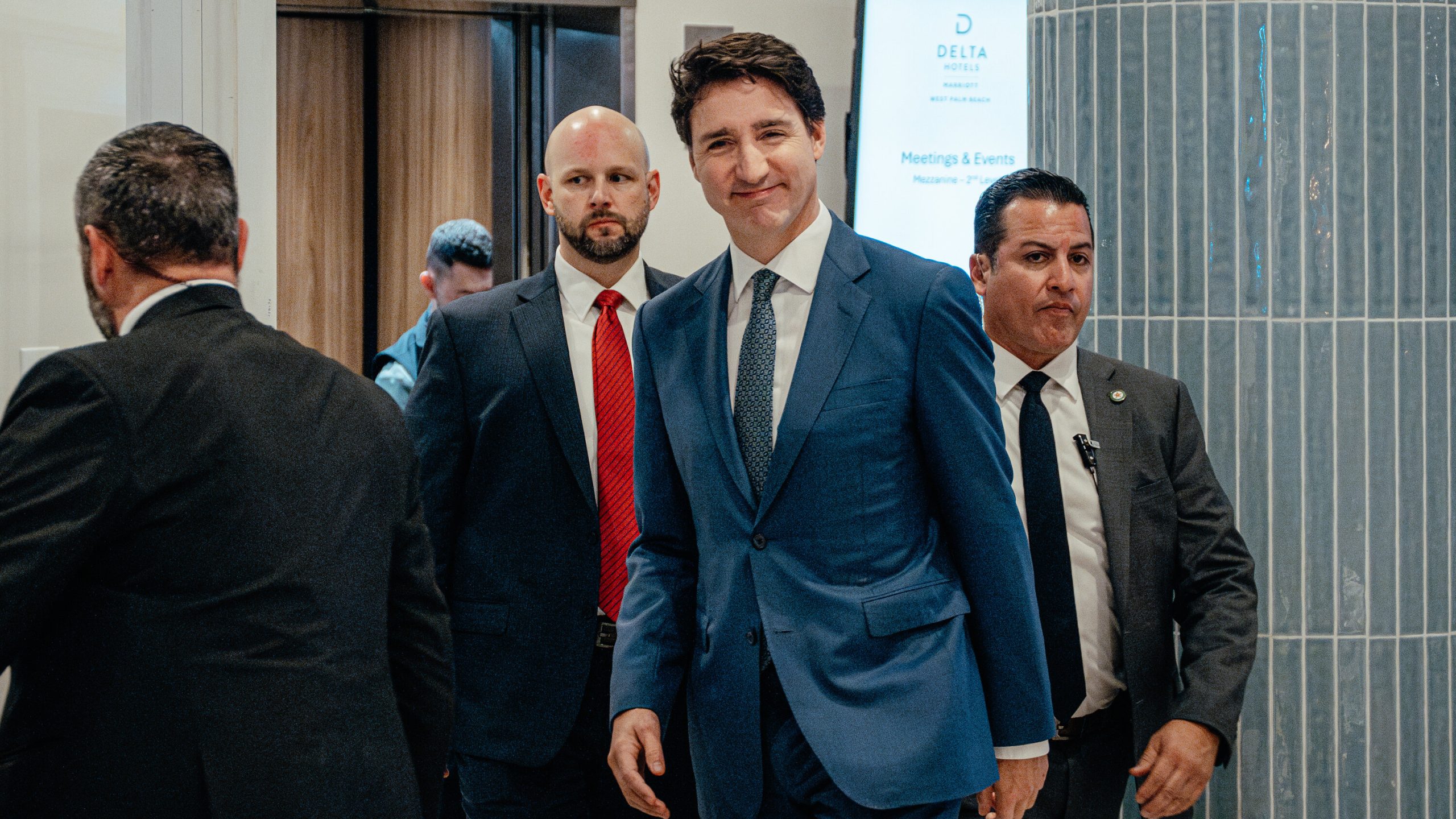Canadian Prime Minister Justin Trudeau met with U.S. President-elect Donald Trump at Trump’s Mar-a-Lago resort in Florida to address escalating trade tensions. Reports from CNN and the Associated Press confirmed their dinner meeting, accompanied by Canadian Public Safety Minister Dominic LeBlanc.
This interaction came in the wake of Trump’s threats to impose steep tariffs on goods from Canada, Mexico, and China, raising concerns about potential economic and diplomatic consequences.
Earlier in the week, Trump proposed a 25% tariff on Canadian and Mexican goods, with higher rates targeting China. These measures are part of Trump’s strategy to bolster U.S. manufacturing and secure more favorable trade agreements.
He tied the tariff threats to issues of migration and drug trafficking, urging Canada and Mexico to take stronger actions to address these concerns. The aggressive stance has prompted warnings from Canada and Mexico about potential retaliatory actions.
Trudeau, speaking from Prince Edward Island before his meeting with Trump, emphasized the importance of constructive dialogue to protect Canadian interests.
He reiterated his commitment to keeping Canada on the “right track” through cooperative discussions with Trump, stressing the need to address mutual concerns while ensuring stability and progress for Canadians. His approach reflects Canada’s strategy of engagement rather than confrontation.

Canadian officials, including Deputy Prime Minister Chrystia Freeland and Public Safety Minister Dominic LeBlanc, highlighted the economic interdependence between the U.S. and Canada.
Freeland pointed out that Canada imports more U.S. goods than several major countries combined, emphasizing the potential mutual harm of a trade conflict. Meanwhile, Mexican President Claudia Sheinbaum warned of reciprocal tariffs if negotiations fail, though she denied discussing tariffs during a recent call with Trump.
This meeting underscores the challenges and complexities of managing North American trade relations amidst shifting U.S. policies. Trudeau’s diplomatic efforts to engage Trump directly reflect Canada’s proactive approach to mitigating potential fallout from U.S. protectionism.
Similarly, Mexico’s call for dialogue suggests a preference for resolution through negotiation rather than escalation. Both nations face the task of safeguarding their economies while responding to Trump’s trade agenda.


